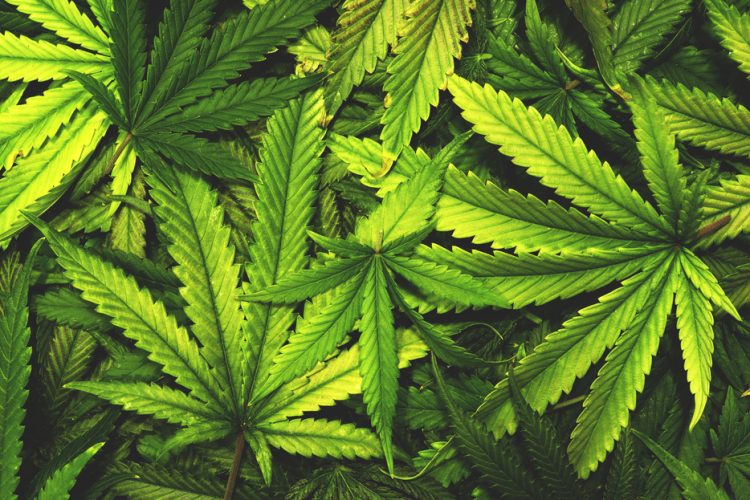CBD may protect against psychiatric risk from high-THC cannabis strains
Posted: 7 September 2017 | Dr Zara Kassam (European Pharmaceutical Review) | No comments yet
Neuroscientists have found that cannabidiol reduces symptoms such as impaired memory in adolescent mice simultaneously exposed to THC…


Neuroscientists have found that cannabidiol reduces symptoms such as impaired memory in adolescent mice simultaneously exposed to THC.
Researchers at Indiana University (IU) have found that a non-psychoactive compound in cannabis called cannabidiol (CBD), appears to protect against the long-term negative psychiatric effects of tetrahydrocannabinol (THC), the primary psychoactive ingredient in cannabis.
“This is the first study in a rigorously controlled animal model to find that CBD appears to protect the brain against the negative effects of chronic THC,” said Dr Ken Mackie, Professor in the IU College of Arts and Sciences’ Department of Psychological and Brain Sciences.
“This is especially important since heavy use of cannabis with higher levels of THC poses a serious risk to adolescents.”
To conduct their study, researchers divided adolescent or adult male mice into five groups. Three groups received 3 milligrams per kilogram of body weight of either THC, CBD, or THC with CBD every day for three weeks. The other two groups received a placebo or no treatment.
All mice were then tested for signs of impaired memory, obsessive-compulsive behaviours and anxiety immediately following treatment as well as six weeks after treatment.
The mice exposed to THC alone showed signs of impaired memory and increased obsessive-compulsive behaviour immediately after treatment. The adolescent group still experienced these changes six weeks after treatment, whereas the adult group did not. Both groups experienced a long-term increase in anxiety.
By contrast, adult and adolescent mice exposed to CBD alone showed no behavioural changes immediately or six weeks after treatment. Most significantly, mice in both age groups that received CBD with THC exhibited no short- or long-term behavioural changes. These results suggest that long-term use of cannabis strains containing similar amounts of CBD and THC may be less harmful than long-term use of high-THC strains.
“This study confirms in an animal model that high-THC cannabis use by adolescents may have long-lasting behavioural effects,” said lead author Dr Mackie. “It also suggests that strains of cannabis with similar levels of CBD and THC would pose a significantly less long-term risk due to CBD’s protective effect against THC.”
Cannabis with higher levels of THC possess lower levels of the protective CBD, and vice versa, due to a biological link between THC and CBD production in the plant.
An analysis of cannabis seized by the U.S. Drug Enforcement Administration found that while THC levels rose 300 percent from 1995 to 2014, the levels of CBD have declined 60 percent.
In contrast to THC, CBD does not cause a high. It is also an important ingredient in medical cannabis. For example, CBD appears useful as a treatment for some forms of severe childhood epilepsy, and its use for severe epilepsy was approved by the Indiana legislature this year.





